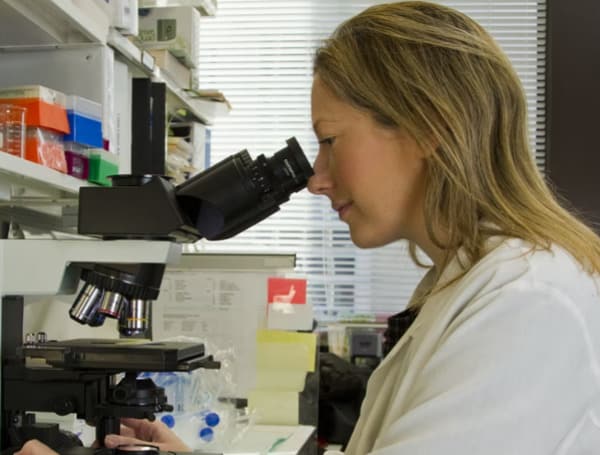Researchers are amazing people. They investigate matters to make the world a better, safer place. If you are someone who researches for this purpose, you might want to know how to improve your finding accuracy and reporting.
No matter if you are researching unique mushroom strains or harmful algae blooms to share more information with the world, it is important to know how to generate the best, most accurate statements.
Here, you can find the best tips to enhance your research and guarantee accurate and trustworthy report
Invest in the highest-quality materials
High-quality materials are a must if you want to gain the most accurate results.
For example, you might wish to explore the world of mushrooms and their unique strains. This research requires accuracy to guarantee user safety.
Invest in SporesMD’s mushroom syringes to further your research and investigate and understand high-quality strains. Using the best materials is ideal to guarantee accurate results and to guarantee you use the correct findings in your research statements.
Plan it well
Good research starts with a solid plan. Begin by defining a clear research question. What do you want to find out? Why is it important? Knowing the answers to these questions helps you stay focused. Break your research into smaller tasks. Create a timeline and stick to it. This way, you won’t feel overwhelmed.
A detailed plan also helps identify potential challenges early on. When you know what to expect, you can prepare better. Thorough planning lays a strong foundation for accurate and reliable research.
Review accurate materials
Choosing the right sources is crucial. Always use peer-reviewed journals, reputable books, and trusted websites. Avoid sources that are biased or not well-known. Reliable sources provide accurate information and enhance the credibility of your research. Take time to cross-check facts from multiple sources.
Remember, the quality of your sources reflects the quality of your research. Using reliable sources is a fundamental step in ensuring accuracy.
Be cautious about data collection
Data collection is critical for embracing quality scientific writing, so be meticulous when implementing your methods. Whether you are conducting surveys, interviews, or experiments, follow a structured approach. Document every step as it ensures transparency and repeatability. Use tools and software that help in accurate data collection and storage.
Always double-check your data entries for errors. Accurate data collection minimizes mistakes and biases, leading to more reliable findings.
Thorough data analysis
Data analysis should be systematic and thorough. Use appropriate statistical methods and tools. Understand the strengths and limitations of these methods. Do not manipulate data to fit your hypothesis. Let the data speak for itself.
Document your analysis process in detail. This helps others understand and verify your work. Accurate data analysis leads to valid conclusions and enhances the credibility of your research.
Ask for a peer to review your findings
A crucial step in the research process is peer review. Discuss your results with coworkers or subject matter experts. Their criticism can help you find mistakes and make your work better. Be receptive to feedback and prepared to adjust as needed. Peer review guarantees that your study satisfies the standards of the scientific community and adds an additional layer of examination. It is an important step towards improving the accuracy of your findings.
Concise reporting
Good reporting is as important as good research. Present your findings clearly and concisely. Avoid jargon and complex language. Use simple words and short sentences. This makes your research accessible to a wider audience.
Structure your report logically. Start with an introduction, followed by methods, results, and discussion. Use visual aids like charts and graphs to illustrate key points. Clear reporting helps in conveying your findings effectively.
Don’t be shy to include limitations
Every scientific project has certain constraints. Tell the truth about them. Go over the report’s limitations. This demonstrates honesty and openness. Recognizing your limitations enhances rather than diminishes your research. It offers a practical interpretation of your results and recommends further study. Limitations strengthen the validity of your work, so don’t be shy of them.
Be ethical
The foundation of research is ethics. Adhering to ethical norms, securing relevant licenses and consents, safeguarding participant privacy and rights, disclosing findings truthfully, and refraining from data fabrication or falsification is imperative. Within the scientific community and beyond, ethical research fosters respect and trust. Maintaining integrity is essential to conducting trustworthy and accurate research.
Being an accurate and thorough researcher is something to be proud of. When you develop the right routines and use the right practices, there is no reason your reports won’t be accurate and trustworthy.
Help support the Tampa Free Press by making any small donation by clicking here.
Android Users, Click To Download The Tampa Free Press App And Never Miss A Story. Follow Us On Facebook and Twitter. Sign up for our free newsletter.

